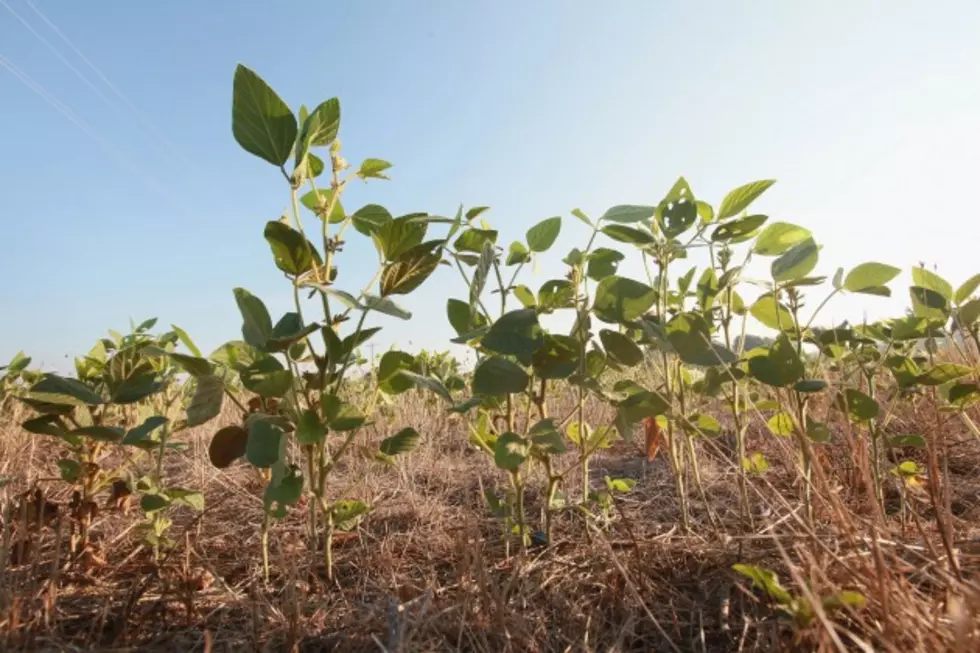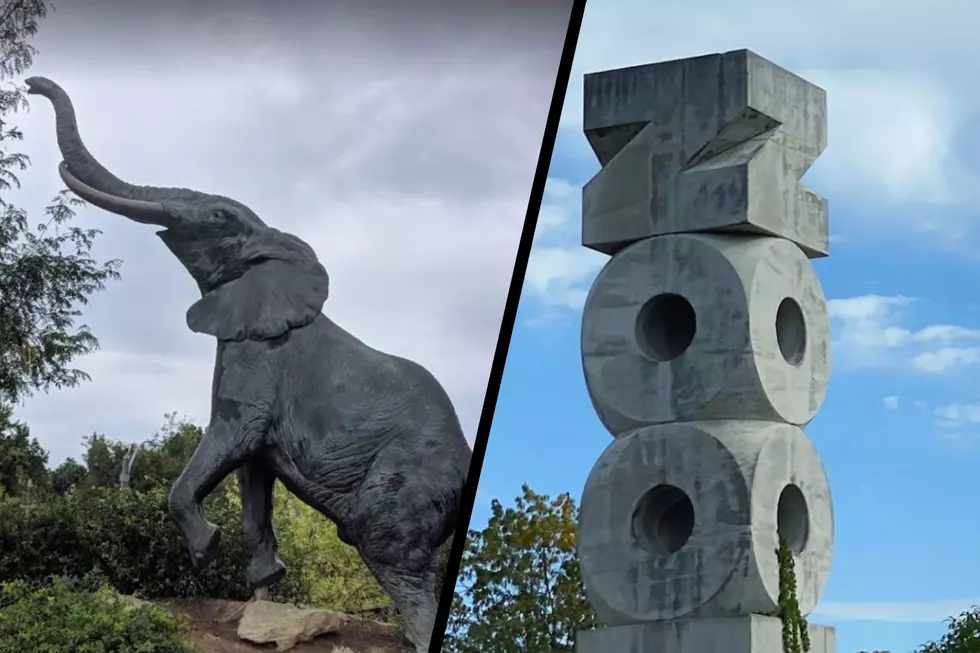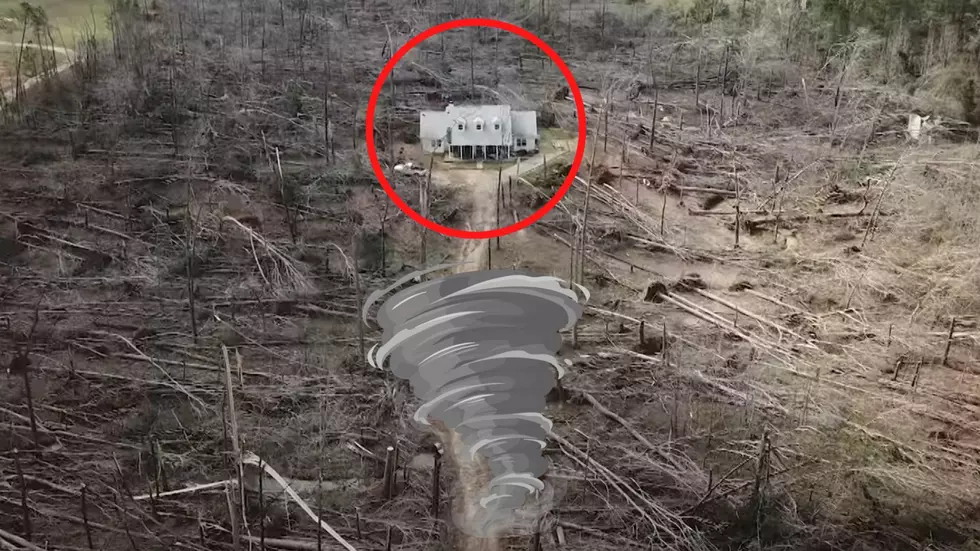
Indiana Farmer Loses Patent Dispute With Monsanto
The elderly, Indiana farmer that had been going toe-to-toe in a patent dispute with agriculture-giant Monsanto has officially lost his battle.
In a ruling handed down today by Supreme Court Justice Elena Kagan, the verdict states that a farmer cannot reproduce patented seeds through planting and harvesting without permission from the patent holder.
Monsanto sued Vernon Bowman in 2007 for violating their patent on Roundup resistant soy bean seed. It was discovered that Bowman had been using the progeny of Monsanto’s seed to plant his second crop of the season. However, Bowman’s lawyers argued that the patent was invalid after the initial sale.
Unfortunately for them, the courts did not see it that way.
“In the case at hand, Bowman planted Monsanto’s patented soybeans solely to make and market replicas of them, thus depriving the company of the reward patent law provides for the sale of each article,” said Justice Kegan.
And while Bowman’s attorneys said they had not yet been able to make contact with their client, they said they were very disappointed in the verdict. “But beyond that we are particularly surprised that the Supreme Court did not use this case to address the possibility of self-replicating technology, more broadly,” said attorney Edgar Haug. “It appears to be a narrow holding in this case that only goes to farmer Bowman.”
This was a very important case that was monitored extensively by the biotechnology industry and other industries that were impacted by this decision.
More From WGBFAM









